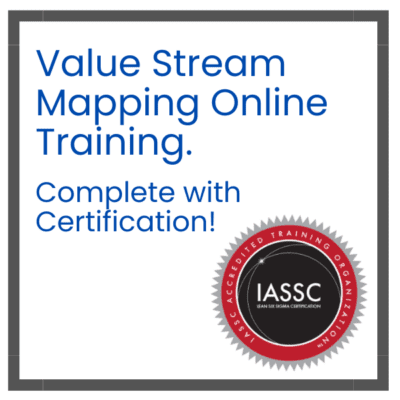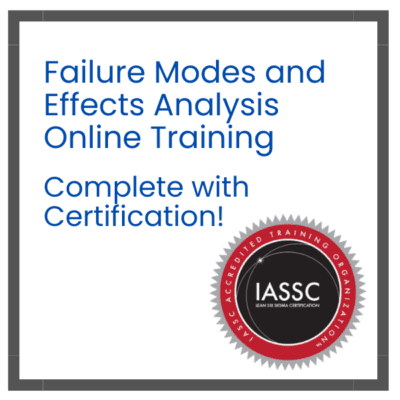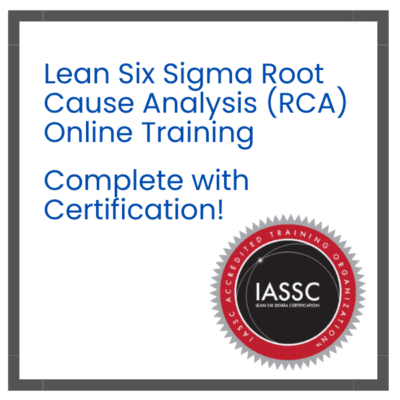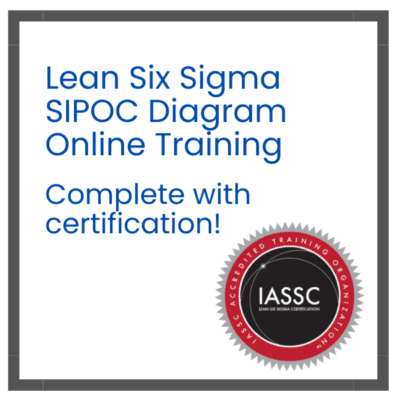Table of contents
Estimated reading time: 5 minutes
Process Characterization
Process Characterization is a methodical and comprehensive analysis undertaken across diverse industries to gain profound insights into the workings of a particular process. It serves as the bedrock for informed decision-making, providing stakeholders with a detailed understanding of the process’s dynamics, variables, and critical factors. This understanding is pivotal in enhancing operational efficiency, optimizing resource utilization, and ensuring the overall quality of the end product or service.
At its core, it is instrumental in unraveling the intricacies of a given process. By delving deep into the various stages and components, organizations can decipher not only how a process functions but also identify opportunities for optimization. This process knowledge empowers stakeholders to make data-driven decisions, leading to improved efficiency, reduced costs, and enhanced overall quality assurance.
The Importance of Process Characterization
Understanding the scenarios where Process Characterization is indispensable is crucial for organizations across different sectors. In the realm of process development, it acts as a foundational step, offering insights that guide subsequent design choices. Continuous improvement initiatives often leverage to identify bottlenecks and streamline operations. Regulatory compliance, particularly in industries like pharmaceuticals, mandates a thorough characterization to ensure adherence to stringent standards. Troubleshooting scenarios, where deviations from expected outcomes occur, demand the application of Process Characterization to pinpoint root causes and implement corrective measures.
Key Components
Process Characterization comprises several interlinked components, each playing a pivotal role in unraveling the complexities.
- Parameter Identification: This involves recognizing and defining the critical parameters that significantly influence the outcome of the process. In a manufacturing setting, for instance, temperature, pressure, and time might be identified as crucial parameters.
- Data Collection and Analysis: The systematic collection of relevant data and its subsequent analysis using statistical methods are foundational to Process Characterization. This step provides a quantitative basis for understanding the process’s behavior and variability.
- Variability Assessment: Understanding the sources of variation within the process is essential. For instance, in a chemical manufacturing process, variations in raw material quality or environmental conditions could contribute to variability.
- Real-world examples: Consider a real-world example in the context of a manufacturing process. If temperature is identified as a critical parameter, data collected over multiple runs can be analyzed statistically. This analysis may reveal the optimal temperature range for consistent and high-quality production outcomes.
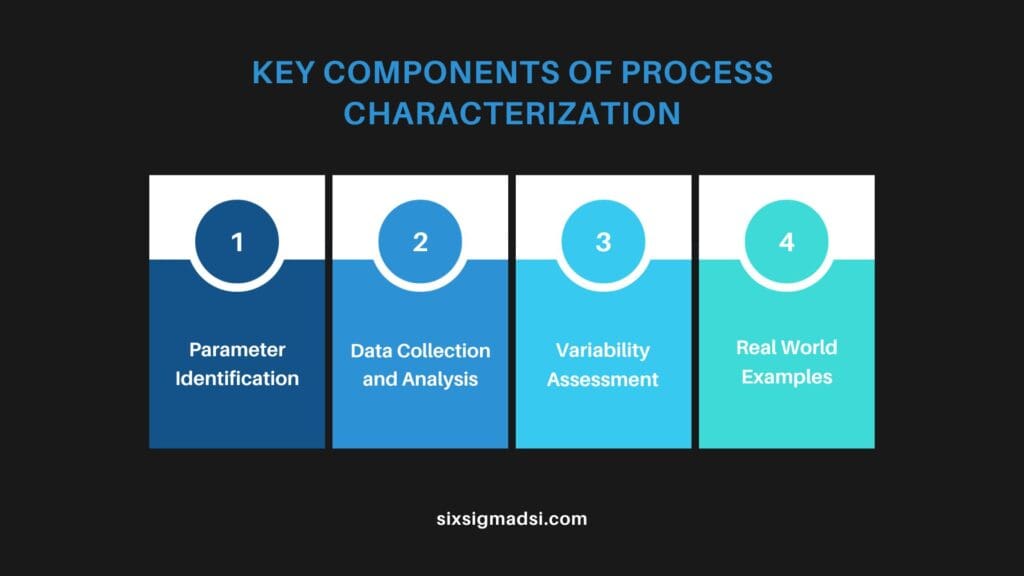
When to Use It?
Determining when to implement it involves recognizing key organizational needs and challenges.
- Introducing a new process: During the early stages of process development, implementing Process Characterization provides a foundational understanding that informs subsequent design decisions.
- Seeking continuous improvement: For existing processes, especially those with identified inefficiencies or areas for enhancement, Process Characterization serves as a tool for driving continuous improvement initiatives.
- Navigating regulatory requirements: In regulated industries, adherence to strict regulatory standards often necessitates thorough Process Characterization to ensure compliance and demonstrate the reliability and predictability of the process.
- Experiencing deviations in expected outcomes: When a process deviates from expected performance, Process Characterization becomes a valuable tool for diagnosing issues, identifying root causes, and implementing corrective actions.
Recognizing signs that a process may benefit from characterization is key to proactively addressing potential challenges
- Inconsistent results: If outcomes vary unpredictably, it may signal a need for Process Characterization to identify and mitigate sources of variation.
- Frequent deviations from the expected performance: Repeated instances of the process deviating from expected norms may indicate the need for a closer examination.
- Need for increased efficiency: Organizations aiming for enhanced efficiency may turn to Process Characterization to identify areas for optimization and resource utilization.
Benefits of Process Characterization
The implementation brings about a multitude of advantages, shaping the foundation for improved operational performance and strategic decision-making.
- Optimization: By identifying and addressing inefficiencies, Process Characterization opens avenues for process optimization, resulting in resource savings and enhanced operational efficiency.
- Consistency: Variability within a process is a common challenge. Process Characterization aids in understanding and controlling this variability, ensuring more predictable and consistent outcomes.
- Risk Mitigation: Proactively identifying and addressing potential risks within a process is a crucial aspect of Process Characterization. By doing so, organizations can minimize the impact of unforeseen events and enhance overall process robustness.
- Quality Assurance: Ensuring the quality of the final product or service is a paramount objective. Process Characterization, by identifying critical process parameters and controlling them effectively, contributes significantly to maintaining a high standard of quality.
Consider a pharmaceutical company navigating regulatory compliance. Through Process Characterization, they identified critical parameters in their drug manufacturing process and optimized conditions to meet regulatory standards. This not only ensured compliance but also led to improved product quality and reduced production costs, showcasing the tangible benefits of a well-executed Process Characterization initiative.
Conclusion
In conclusion, Process Characterization is a dynamic and strategic approach that goes beyond a mere analysis of processes. It is a key driver of organizational excellence, offering insights that empower stakeholders to make informed decisions, optimize operations, and ensure the consistent delivery of high-quality products or services. The structured approach of Process Characterization, encompassing its various components and benefits, positions it as an invaluable tool for organizations seeking to stay competitive and resilient in today’s dynamic business landscape.




